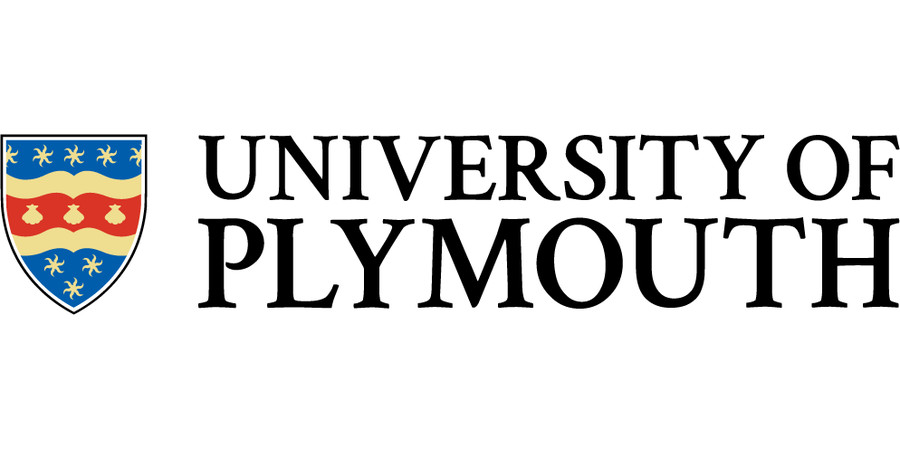PhD Biological Sciences - “Ecology of Vulnerable Marine Ecosystems: Connecting Functional Diversity and Resilience”
University of Plymouth
| Qualification Type: | PhD |
|---|---|
| Location: | Devon, Plymouth |
| Funding for: | UK Students, EU Students, International Students |
| Funding amount: | £20,780 per annum for 2025/26 (2026/27 rate TBC) and research costs |
| Hours: | Full Time |
| Placed On: | 13th November 2025 |
|---|---|
| Closes: | 7th January 2026 |
DoS: Professor Kerry Howell, Plymouth Marine Laboratory and University of Plymouth
2nd Supervisor: Dr Angela Stevenson
3rd Supervisor: Ms Heidi Tillin
4th Supervisor: Dr Ana Hilario, University of Aveiro, Portugal
Applications are invited for a 3.5 years PhD studentship, starting 01 October 2026
Project Description
Scientific background
Vulnerable Marine Ecosystems (VMEs), such as deep-sea coral gardens and sponge fields, are biodiversity hotspots that deliver critical ecosystem services through their complex structures. However, they face increasing threats from fishing, resource extraction, and climate change. Functional diversity -the range of ecological roles species fulfil within a community - is central to ecosystem resilience, but remains poorly understood in VMEs. Quantifying VME functional diversity can help assess vulnerability and guide conservation of VMEs. This project will advance our understanding of VME functional ecology and develop science-based indicators of ecosystem health, directly supporting international policy goals for deep-sea biodiversity protection.
Research methodology
This project will combine seafloor visual survey, targeted sampling and AI-assisted image analyses to:
- Define and quantify functional traits of VME taxa.
- Identify key functional groups, map functional diversity, and compare to taxonomic diversity.
- Develop indicators of ecosystem health and resilience across different VME types.
- Build predictive spatial models for VME distribution and resilience under future climate scenarios.
Training
The candidate will gain skills in:
- Deep-sea survey techniques using remotely operated and autonomous underwater vehicles
- Image annotation, including AI-based approaches.
- Functional trait analysis, taxonomic identification of deep-sea benthos, biodiversity metrics; and spatial predictive modelling.
Professional development will include research cruises, collaboration with international scientific presentations, and co-authorship of additional non-PhD publications. This training will prepare the candidate for careers in academia, environmental consultancy, conservation, and resource management.
Person specification
We seek a motivated candidate with strong analytical skills, and interest in biodiversity, functional ecology, image/video analysis, and conservation. Experience with programming, statistical analysis, or spatial modelling is desirable but not essential, as full training will be provided. A willingness to join multi-week ship-based fieldwork is welcomed but not required.
Eligibility
Applicants should have a first or upper second class honours degree in a Biological or Environmental Science or a relevant Masters qualification. You should have strong analytical skills, and interest in biodiversity, functional ecology, image/video analysis, and conservation. Experience with programming, statistical analysis, or spatial modelling is desirable but not essential.
If your first language is not English, you will need to meet the minimum English requirements for the programme, IELTS Academic score of 6.5 (with no less than 5.5 in each component test area) or equivalent.
Successful candidates who meet UKRI’s eligibility criteria will be awarded a fully-funded ARIES studentship of fees, maintenance stipend, £20,780 p.a. for 2025/26 (2026/27 rate TBC) and research costs.
If you wish to discuss this project further informally, please contact Professor Kerry Howell, kho@pml.ac.uk.
Please see here for a list of supporting documents to upload with your application.
Please click on the 'Apply' button above for further information and to apply.
The closing date for applications on 7th January 2026.
Advert information
Type / Role:
Subject Area(s):
Location(s):









